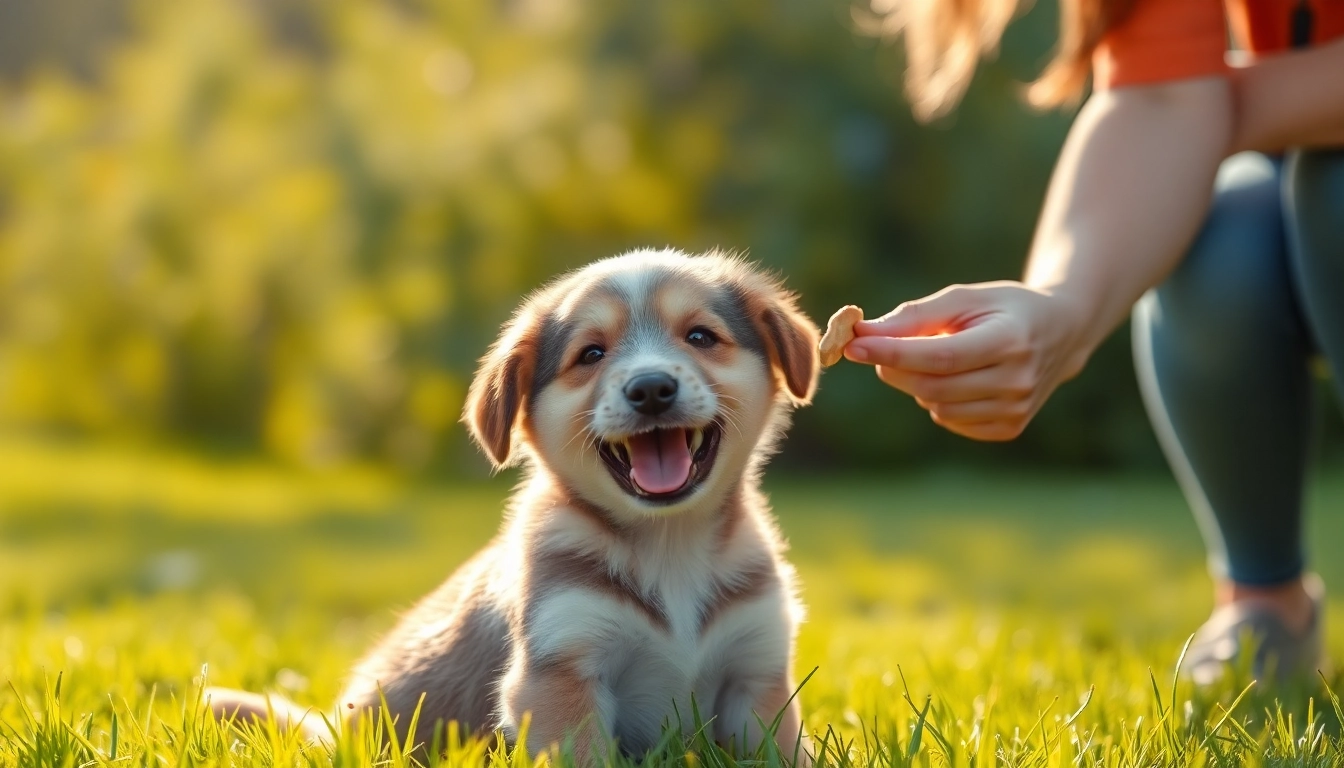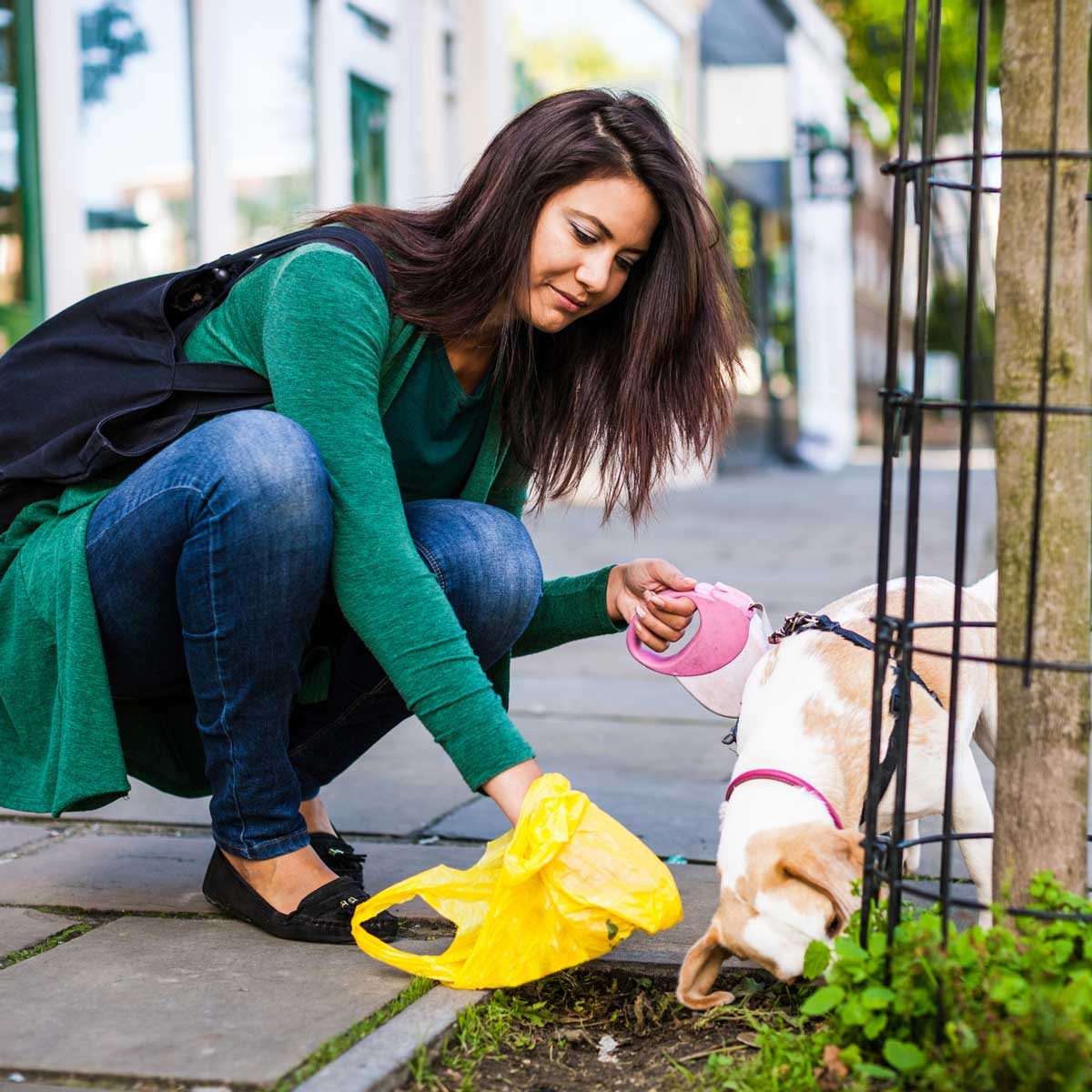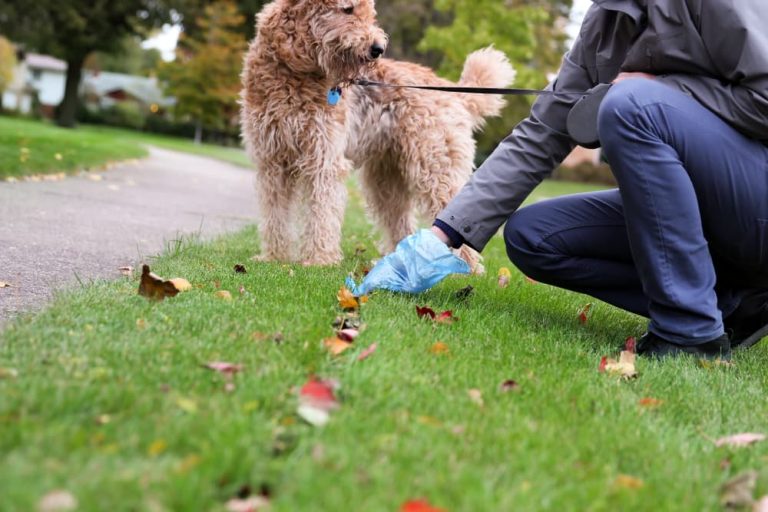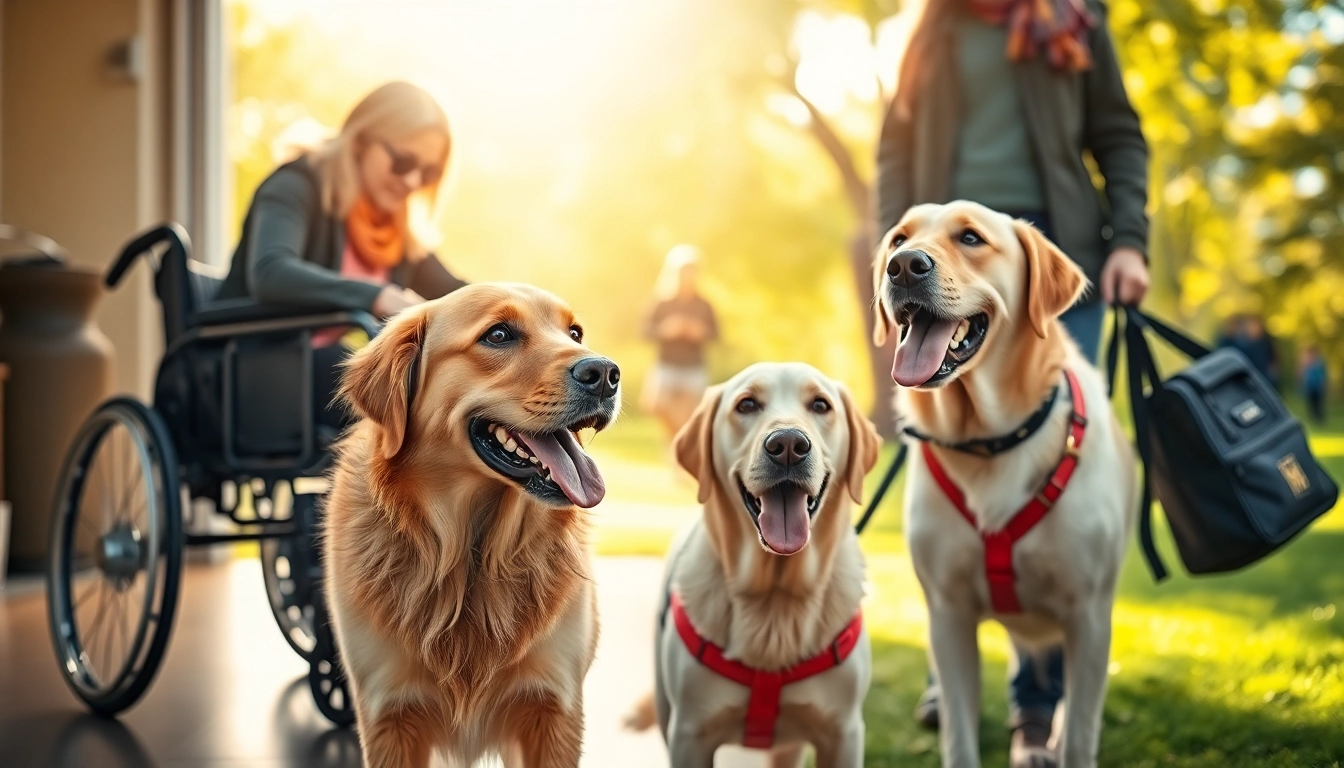Understanding Puppy Training in Houston
Puppy training is an essential aspect of responsible pet ownership, especially in Houston, where the vibrant and diverse environment may pose unique challenges and opportunities for socialization. Puppies, like children, require guidance to navigate their new world. This process lays the foundation for promising pet-owner relationships that can last a lifetime. For many new dog owners, finding the right resources for puppy training Houston can seem daunting. In this article, we will delve into various components of effective puppy training, ensuring that you feel equipped and informed to help your furry friend succeed.
The Importance of Early Training
Starting training early is crucial. The period from birth to about 16 weeks is known as the critical socialization window, during which puppies are particularly receptive to learning. Proper training not only helps in teaching basic commands but also ensures positive exposure to different environments, people, and other dogs. Puppies enrolled in training classes by 7-8 weeks of age tend to develop better social confidence, thereby reducing behavioral issues later in life.
Moreover, early training addresses essential behaviors, including potty training and bite inhibition. A well-trained puppy not only enhances the owner’s experience but also reduces the chances of returning a dog to a shelter due to behavioral conflicts.
Common Training Methods Used
Different methods can be utilized during puppy training, each varying in effectiveness based on the puppy’s personality and the owner’s objectives. Some popular training techniques include:
- Praise and Reward: This method involves rewarding the puppy with treats or affection upon performing the desired behavior, reinforcing good conduct.
- Clicker Training: This technique uses a handheld device producing a distinct sound to mark a desired behavior followed immediately by a reward, creating a positive association.
- Negative Reinforcement: Suitable for experienced trainers, this approach removes an unpleasant stimulus when the desired behavior occurs. Caution is advised as this can lead to anxiety if misused.
- Socialization: Encouraging interaction with various breeds, environments, and people is vital. Organizing playdates or puppy classes can foster this development.
Each method can be effective, but consistency and patience from the owner significantly impact the outcome.
Understanding Puppy Behavior
A core aspect of training involves understanding canine instincts and behaviors. Recognizing why a puppy behaves a certain way is key to effective training. Common behaviors that may require addressing include barking, jumping, chewing, and digging.
For instance, excessive barking may be a sign of anxiety or lack of socialization. By understanding the underlying cause, trainers and owners can apply the appropriate methods to curb unwanted behavior while promoting a positive learning environment.
Choosing the Right Puppy Training Program
When it comes to selecting the right training program, there are numerous options in Houston, each promising to offer valuable insights and techniques. It’s essential to consider a few critical factors to ensure you make the right choice.
Different Types of Training Classes
Training classes vary widely—from group sessions to one-on-one private lessons. Here’s a breakdown:
- Group Classes: These classes provide structured settings where puppies learn commands alongside other dogs, promoting social interaction. They are often less expensive.
- Private Training: Ideal for owners seeking personalized attention. Here, trainers can focus on specific challenges the puppy might be facing.
- Behavioral Modification: For dogs with specific behavioral issues, specialized training can address problems such as aggression or extreme shyness.
- Online Courses: With the rise of virtual learning, many training programs are now available online, providing flexibility for owners with busy schedules.
Factors to Consider When Selecting a Program
To select the right training program, consider the following factors:
- Trainer Experience: Look for trainers with relevant experience and certifications. Their knowledge will inform the techniques taught.
- Training Philosophy: Different trainers have various approaches. Ensure their philosophy aligns with your expectations for pet care and training.
- Location and Accessibility: Choose a facility that is convenient to reach and has the necessary resources.
- Facility Standards: The training environment should be clean, safe, and conducive for learning.
How to Evaluate Trainers in Houston
Evaluating trainers is just as critical as selecting a program. Here are steps to ensure you find a suitable trainer:
- Check Reviews and Testimonials: Look online for reviews and feedback from previous students. This gives insight into the trainer’s effectiveness and methods.
- Schedule a Meet and Greet: Meeting the trainer before starting is ideal, as it allows you to assess their demeanor and training philosophy.
- Observe a Class: If possible, observe a live class to gauge the trainer’s interactions with the dogs and owners.
- Ask Questions: Don’t hesitate to inquire about their approach to various behaviors and how they handle challenging situations.
Essential Commands Every Puppy Should Learn
The foundation of good behavior in puppies is rooted in mastering essential commands. Specific commands not only establish communication but also enhance the safety of both the dog and its owner.
Basic Obedience Commands
Teaching your puppy basic commands establishes a framework for more complex training. Some of the fundamental commands include:
- Sit: One of the first commands puppies should learn. It is foundational for many other commands.
- Stay: Helps the puppy learn patience and control, both essential skills in daily life.
- Come: A crucial command for ensuring your puppy returns to you safely in any situation.
- Heel: Teaches the puppy to walk alongside the owner without pulling on the leash, enhancing the walking experience.
House Training Techniques
Potty training is one of the first challenges many owners face. Successful house training typically involves:
- Consistent Schedule: Taking your puppy out to the same spot at regular intervals helps them learn where it’s appropriate to go.
- Positive Reinforcement: Rewarding your puppy for doing their business outside encourages them to repeat the behavior.
- Supervision: Keeping an eye on your puppy indoors can prevent accidents and facilitate quick intervention when needed.
Leash Walking and Socialization Skills
Training your puppy to walk nicely on a leash is vital—both for pleasant walks and as a basis for good manners around other dogs and people. In addition, socialization is critical for helping puppies become well-adjusted companions.
Some effective tips include:
- Start Slow: Begin training indoors or in a quiet yard before venturing into more stimulating environments.
- Introduce New Experiences Gradually: Take your puppy to various places, exposing them to different sounds, sights, and smells to build their confidence.
- Arrange Playdates: Observe how your puppy interacts with others in safe settings, allowing them to practice social skills.
Establishing a Training Routine at Home
Creating a consistent training routine at home facilitates easier learning for your puppy. It ensures they receive regular practice in a familiar place, which can enhance their skills over time.
Tips for Daily Training Sessions
Short, frequent training sessions are often more effective than longer ones, particularly for young puppies with shorter attention spans. Consider the following:
- Keep Sessions Brief: Aim for 5-10 minute sessions several times a day.
- Focus on One Command at a Time: Mastering one command before moving on to the next ensures quality learning.
- Incorporate Play: Use games to reinforce commands, making the learning process enjoyable.
Creating a Positive Training Environment
Environment plays a crucial role in effective puppy training. Consider these factors:
- Minimize Distractions: Conduct training in a quiet area until the puppy has mastered a command before tackling more challenging environments.
- Use Positive Atmosphere: Always employ a cheerful tone and enthusiasm as positive emotions encourage a better learning experience for your puppy.
Tools and Resources for Effective Training
Using the right tools can facilitate the training process. Essential items include:
- Leash and Collar: A sturdy, comfortable leash and collar are fundamental for safe training.
- Clicker: If you choose to use clicker training, having a clicker handy can greatly enhance communication.
- Treats: Small, enticing treats act as effective rewards and morale boosters.
- Books and Online Resources: Many valuable guides and online videos can provide additional insights and techniques.
Tracking Progress and Overcoming Challenges
Monitoring a puppy’s training progress and addressing challenges as they arise is key in nurturing a well-mannered adult dog. The transition from puppy to adult dog often presents unique hurdles that require thoughtful strategies for resolution.
Recognizing Milestones in Training
It’s essential to note and acknowledge your puppy’s achievements. Common milestones may include:
- Mastery of Basic Commands: Successfully responding to “sit,” “stay,” “come,” and “heel” consistently.
- House Training Success: Recognizing that your puppy consistently eliminates in appropriate areas.
- Good Social Interactions: Observing your puppy interacting positively with other dogs and people.
Recognizing these moments not only encourages the puppy but also motivates the owner during the process.
Addressing Behavioral Issues Early
Behavioral problems can escalate quickly if not managed appropriately. Common issues include:
- Excessive Barking: Identify the reason behind the barking and employ appropriate training tactics.
- Destructive Chewing: Ensure your puppy has appropriate chew toys and redirect their attention when they chew on furniture.
- Separation Anxiety: Gradually acclimate your puppy to being alone using desensitization techniques.
Addressing these behaviors early is vital to prevent them from becoming ingrained habits.
Integrating Training into Family Life
Puppy training should extend beyond formal lessons. Here are some steps to ensure training becomes a part of everyday life:
- Encourage Family Participation: Involve every family member in training duties to provide consistent rules and expectations.
- Reinforce Commands During Daily Activities: Incorporate commands into daily life—like asking your puppy to “sit” before meals or “stay” at doorways.
Consistency across all family members will lead to a well-trained companion who feels secure and valued.
Conclusion
Training your puppy is an ongoing journey that begins the moment you welcome them into your life. With a structured approach that combines early intervention, consistent routines, and support from professionals, owners can set a strong foundation for their puppies. As a responsible pet parent in Houston, embracing these principles will yield a lifelong companion who is well-mannered, social, and a joy to have in your life.







Leave a Reply